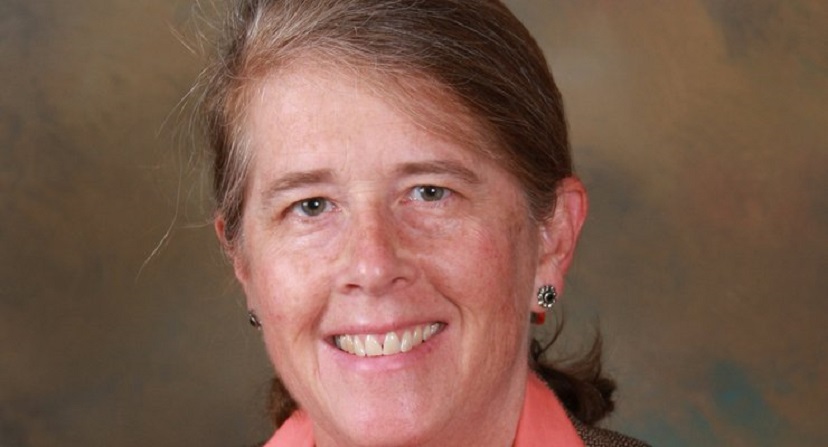
Kimberly Shriner, MD
Kimberly Shriner, MD, infectious disease specialist, Huntington Hospital, recently sat down to reflect on the past year, assess where we are now and look toward the future as we continue to battle COVID-19. Here’s what she had to say.
What have we learned about C0VID-19 in the
past year?
SARSC0V2 has proven to be an enormous challenge for our families, community, country and planet. All of us have had a very difficult time realizing that this is the 100-year pandemic. It will be remembered by all who have lived through it, and hopefully, it will teach us how to address the global health and environmental, socioeconomic and climate issues that have allowed this monster to kill 500,000 Americans and 2.4 million people around the world.
We have learned it is highly infectious, easily transmitted and very dangerous. We know that simple measures like wearing a mask and avoiding large gatherings can slow down the transmission, but these interventions are vulnerable to political manipulations and misinformation. Hopefully, we have recognized the importance of truth, equity and good science. While our treatment regimens are still primitive, we have been able to design and roll out very effective vaccines that will help us out of this pandemic. We must do better next time, and we must recognize that there will be a next time.
Cases have declined; how is Huntington now?
While cases are declining, we continue to see new patients with acute COVID-19 infection. We urge everyone to practice safe distancing, wear a mask and avoid large crowds. The vaccines promise an end to these precautions, but it will take a while to achieve enough immunity in our community to begin to lead “normal” lives. We have to remain diligent.
Fortunately, the hospital is now able to resume all elective surgeries and provide limited in-person visitation. It’s important that people who might have delayed care due to the winter surge reach out to their physician. Delaying care can be a detriment to your health and well-being. The hospital is ready to care for all patients, whatever the healthcare need might be.
What do you think the pandemic will look like in the next six months?
It is likely that we will see a few other surges – but hopefully not on the level we experienced in December and January. We will have to vaccinate most of the planet to finally eradicate this virus, and indeed, as that is a very lofty goal, we may have to live with periodic episodes of C OVID as we move forward. As we still really don’t know how long the vaccines will last, it is conceivable that booster doses will be required.
We know we have effective vaccines now. Can you tell me more about the newer treatments being developed?
Treatments for COVID-19 have been both disappointing and difficult. At this writing, we still do not have any effective antivirals or other medications that can easily eradicate the virus. The much-touted monoclonal antibody treatments have been disappointing, difficult to administer and extremely expensive. That said, there are some promising developments with oral antivirals that could be available soon.
Thank you, Dr. Shriner, for offering your perspective and expertise as we continue to battle this pandemic! For more information about COVID-19, please go to: www.huntingtonhospital.org/











